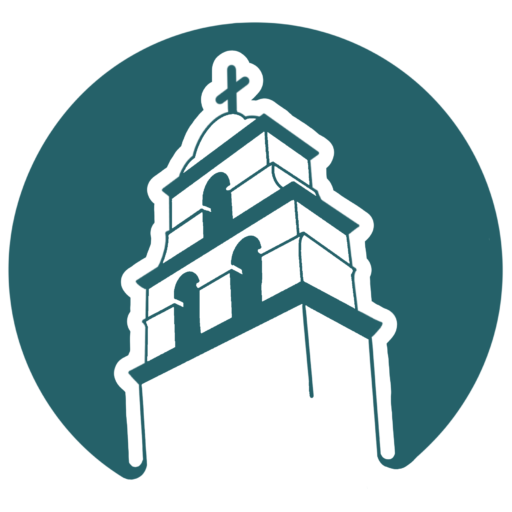On May 10, 2018, Pope Francis visited the small town of Loppiano, Italy, near Florence, where its 850 inhabitants live, but which is also the first international center of the Focolare. an international movement based in Italy that promotes the ideals of unity and universal brotherhood among all people. Seven thousand representatives of the Focolare family came from all over Italy to greet Francis and thousands more watched the event from around the world by live streaming. The Focolare Movement (Italian for “Hearth”) began in 1944 amid the horrors of WWII. Chiara Lubich and her companions a”ended the Mass for Christ the King and afterwards they reflected on the phrase from the book of Psalms: “Ask me and I shall give you all the peoples and lands of the earth.” She and her companions then asked God to help them put that phrase into ac!on. Their dream of unifying all people began to grow in leaps and bounds. First 500 followers, then members spread to Rome, Florence, Milan and Siracuse. In 1956 Europe, In 1958 South American, in 1961 North America, In 1963 Africa, in 1966 Asia and in1967 Australia. There are today about 140,000 core members and some two million affiliates in 182 nations. The majority are Roman Catholics but there is a growing number of non-Catholics including Jews, Muslims, Buddhists, Hindus and Sikhs and also people of no particular faith. Focolare is little known in the United States but in Europe the movement has a high profile. Ms. Lubich (1920-2008) the founder and past president worked her whole life building a more united world using dialogue to construct relationships of fraternity among individuals, peoples and cultures. Persons of every age, vocation, religion, conviction and culture belong to the Focolare. Focolare communities consist of diverse groups that make dialogue a priority and have lifestyles that contribute towards building unity and peace in the world. They have about 1,000 social projects going on throughout the world such as the Abba school, Young People for a United World, Teens4unity, Economy of Communion – involving 800 companies , evangelism within small ci!es, social work, the Igino Giordani Center, and 27 publishing houses. Pope Francis in praising their Economy of Communion called on it to change “the rules of the game of the socio-economic system.” Journalist John L. Allen Jr. observed that “It’s hard to pick a fight with a focolarino, ….they tend to be open , ego-free, and just relentlessly nice.” He went on to say that in a !me of bi”er divisions, Focolare is one of the few groups with a track record of bringing people together. They have the trust of the bishops and the Va!can, and that’s saying something, for being a lay movement that includes members from other Chris!an churches and other religions and where there rules require the president to be a woman. Journalist Allen made the analogy of the many different tribes found in Church to various flowers, but not coming together as a garden. Maria Voce, a Focolare leader, said that sociologically , the garden s!ll has to be built. The point is that inside the garden, we have the capacity to cultivate, and to admire, all the flowers – not just our own. It is thought that the Focolare is in a unique position to help Catholicism heal its internal wounds. Pope Francis in speaking to the gathered Focolare encouraged them to remain faithful to their original inspiration and yet be open to the breath of the Holy Spirit and to courageously undertake new paths that the Spirit suggests. Also he said “always look to the Mother of God, a lay person, the first disciple of Jesus, at how she behaved during all the difficult and passages of her son’s life. It will help you a lot.”
